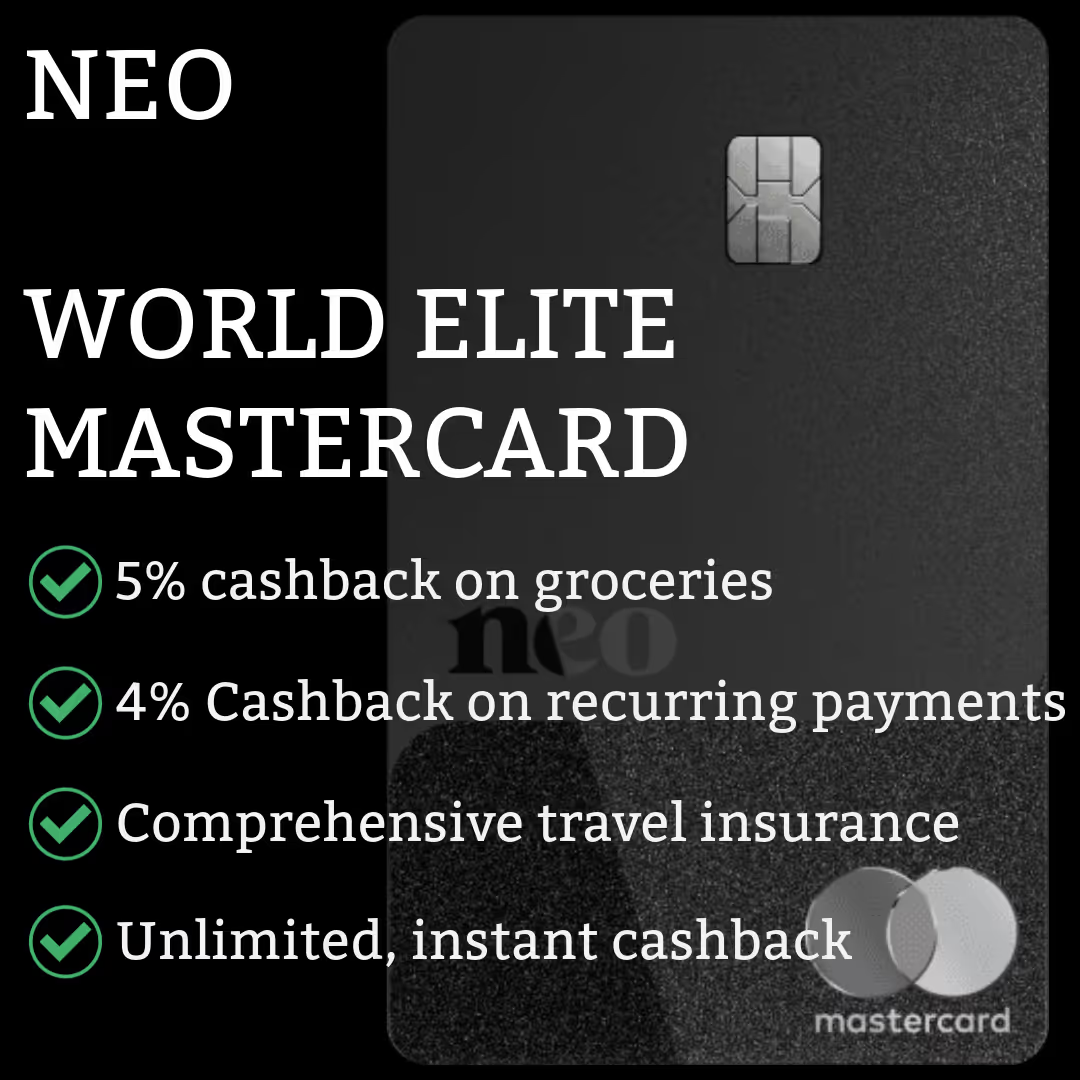We explore the benefits of a HELOC, how it works, and key considerations to help you determine if it’s the right choice for you.
A Home Equity Line of Credit (HELOC) is a versatile financial tool that allows homeowners to tap into the equity they’ve built in their property. By leveraging the value of your home, a HELOC can provide flexible access to funds for various needs, from home improvements to debt consolidation.
What is a Home Equity Line of Credit (HELOC)?
A HELOC is a revolving line of credit secured by the equity in your home. Unlike a traditional home equity loan, which provides a lump-sum payment, a HELOC offers a flexible credit limit that you can draw from as needed, similar to a credit card.
The amount you can borrow is based on the difference between your home’s market value and your outstanding mortgage balance.
Key Benefits of a HELOC
1. Flexible Access to Funds:
One of the main advantages of a HELOC is its flexibility. You can borrow and repay funds as needed during the draw period (typically 5-10 years). This makes it an excellent option for ongoing projects or expenses where you may not need the entire amount upfront.
2. Lower Interest Rates:
HELOCs generally offer lower interest rates compared to unsecured credit options like personal loans or credit cards. Because the line of credit is secured by your home, lenders can offer more favorable rates, which can result in significant savings over time.
3. Interest-Only Payments During Draw Period:
Many HELOCs offer the option to make interest-only payments during the draw period. This can help keep your monthly payments lower, providing greater financial flexibility. However, be aware that you’ll need to start repaying both principal and interest once the draw period ends.
4. Tax Deductibility:
In some cases, the interest on a HELOC may be tax-deductible if the funds are used for home improvements or other qualified expenses. Consult with a tax advisor to understand how this applies to your situation and to ensure you maximize potential tax benefits.
5. Revolving Credit:
A HELOC functions as a revolving line of credit, meaning you can borrow, repay, and borrow again up to your credit limit. This makes it an ideal option for managing cash flow and handling unexpected expenses.
6. Home Improvement Financing:
Using a HELOC for home improvements can be a smart financial move. Not only does it allow you to enhance your property, but the investment may also increase your home’s value, potentially providing long-term financial benefits.
How a HELOC Works
1. Application Process:
To apply for a HELOC, you’ll need to provide information about your income, credit history, and the value of your home. Lenders will assess your application and determine your credit limit based on your home’s equity and your financial situation.
2. Draw Period:
During the draw period, you can access the funds through checks, a credit card, or online transfers. You’ll typically only need to make interest payments on the amount you’ve drawn.
3. Repayment Period:
After the draw period ends, you enter the repayment period, which usually lasts 10-20 years. During this time, you’ll need to make payments on both the principal and interest. The interest rate may be variable, so your payments can fluctuate.
4. Fees and Costs:
Be aware of potential fees associated with a HELOC, such as annual fees, application fees, and closing costs. It’s important to review the terms of your HELOC agreement to understand all associated costs.
Considerations Before Taking Out a HELOC
1. Risk of Foreclosure:
Since a HELOC is secured by your home, failing to make payments can lead to foreclosure. Ensure you have a solid repayment plan and only borrow what you can afford to repay.
2. Variable Interest Rates:
Most HELOCs have variable interest rates, which means your payments can increase if interest rates rise. Consider how potential rate changes might impact your budget and financial plans.
3. Impact on Home Equity:
Borrowing against your home equity reduces the amount of equity you have in your property. Be mindful of how this affects your long-term financial goals and your ability to sell or refinance your home in the future.
4. Discipline and Planning:
A HELOC provides access to funds, but it requires financial discipline to manage effectively. Develop a clear plan for how you’ll use and repay the credit to avoid overspending and accumulating debt.
A Home Equity Line of Credit (HELOC) can be a powerful financial tool, offering flexible access to funds at lower interest rates compared to other forms of credit. Whether you’re looking to finance home improvements, consolidate debt, or manage unexpected expenses, a HELOC provides a revolving line of credit that can be used as needed.
Before taking out a HELOC, carefully evaluate your financial situation, understand the terms and potential costs, and consider how the flexibility and benefits align with your financial goals. Consulting with a financial advisor or mortgage specialist can provide valuable insights and help you make an informed decision tailored to your needs.
By leveraging the power of a HELOC wisely, you can enhance your financial flexibility and achieve your financial objectives while maintaining control over your home’s equity and your overall financial health.









